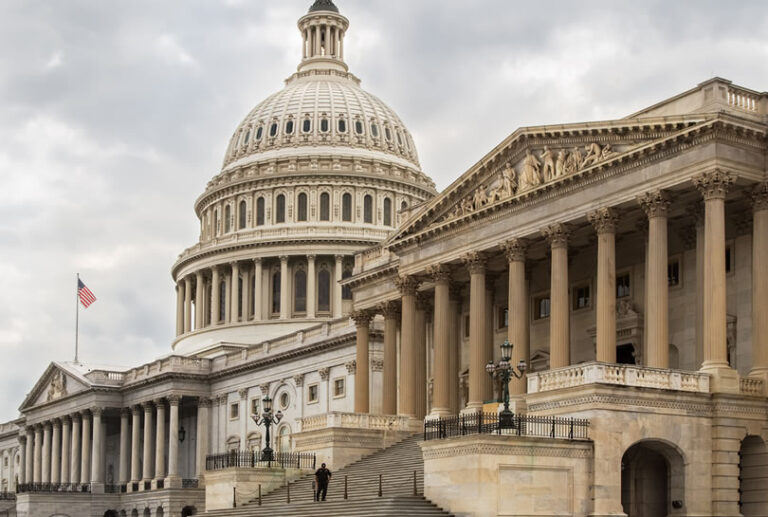By Jack Angel, Executive Director, Coalition for Healthcare Communication Education Foundation
July 10, 2017 — Although the population of Washington, D.C., is 681,200 and the folks who control it are far fewer, what happens on this tiny sliver of land that Washington occupies influences both our country and the world. In the extreme, decisions made on Capitol Hill can have life or death consequences. From the vantage point of our industry, many of these decisions can seem improperly focused and downright silly.
For example, there is a great deal of concern among politicians about the marketing costs of drugs, an issue that is not much of a priority in the general population. The federal government seems convinced that information about marketing costs should be gathered, but mostly uses that intelligence in attempts to embarrass the biotechnology industry, one of the few U.S. industries that holds a world leadership position.
Indeed, the federal government spends taxpayer dollars to maintain marketing cost data, but the basis for this data collection seems ill-founded on the outdated premise that biotech companies are spending gobs of money flying doctors around the world on their dime just to secure loyalty to the company and its products. This premise is utterly flawed because the marketing practices the government appears to be trying to protect the country from simply aren’t happening.
I don’t know if anyone in Washington has asked healthcare professionals (HCPs) about this issue lately, but I think if they did they would find that HCPs spend a great deal of their time when not practicing medicine trying to get paid in a timely manner by the government for the services they perform, not scheming with drug companies to run up their marketing costs.
In fact, I hear from HCPs that they are frustrated with how many hours they waste explaining the reasonableness of the services they provide. They often question why their profession has changed from patient care to paperwork management.
The biotech industry spends precious dollars compiling, reporting and defending their marketing data. This money could be used in more important areas like pricing and research and development. Why not place the focus on treatments to help patients and ultimately save the healthcare system money? Instead companies are burdened by regulations under the Sunshine Act that require them to report the cost of a $2.00 scientific reprint distributed at a convention, a meal they offered at a continuing medical education event, or certain research activities.
I am not arguing that drug pricing is not a serious issue that the crew in Washington needs to wrestle with in order to help save our healthcare system – the most expensive in the world. But I think these folks will find that focusing on drug marketing costs is not the magic bullet to plug the many holes in the dike of the healthcare system. Targeting marketing is just another unnecessary activity that could be better utilized elsewhere for the benefit of patients.
Indeed, communication between biotech companies and HCPs will actually save time in getting patients the right treatments for their conditions and can lead to a healthier population. Hopefully, everyone knows that medical product marketing is closely monitored by another government body, the Food and Drug Administration, and that the biotech industry is one of the most regulated business sectors in our country.
So, when Washington gets out its magnifying glass to examine the marketing practices of the medical products industry, I hope that it sees an industry that helps boost the U.S. economy, helps medical professionals do their jobs better, and, most importantly, helps patients. If our politicians would focus more on those benefits and less on burying the industry with unnecessary reporting burdens, then perhaps we could actually make progress.




